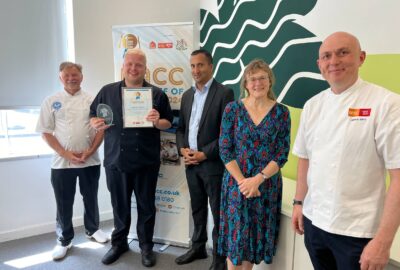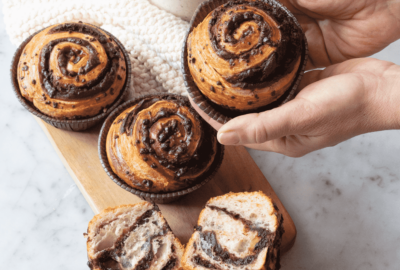Experts offer tips for keeping the vulnerable safe in soaring temperatures
Care catering experts have issued some essential guidelines for keeping the elderly, sick and vulnerable safe this summer through the power of nutrition and hydration.
Neel Radia, chairman of the National Association of Care Caterers, says: “Each year we issue advice for keeping the elderly and vulnerable safe during the cold spells of winter. However, the summer poses equal health risks.
“Extreme heat can affect vulnerable people in many ways. It can potentially cause serious discomfort or worse, seriously damage health. During the warm summer months, make sure the hot weather doesn’t harm your patients or clients.”
To help the care catering sector, the NACC, NHS and the Royal Voluntary Service have issued invaluable tips aimed to help steer you through the summer months, when appetites are further diminished in hot weather and heatwaves.
Adds Neel: “Hydration in the summer is as much of a problem as malnutrition all-year-round.”
Hydration, hydration, hydration
- Offer regular fluids, within easy reach, throughout the day (water, fruit juice, ice lollies, jellies etc)
- To remain hydrated, patients shouldn’t wait until they are thirsty to drink – by then they are already dehydrated. Instead, they should drink little and often and try to avoid dehydrating alcohol, tea and coffee
- Serve/prepare cold foods and foods that have a high water content including vegetables, salads and fruit, jellies, ice creams, sorbets, yoghurts etc
- Keep communal areas well-aired and heating off
Danger signs – heat-related illnesses
- Heat cramps – caused by dehydration and loss of electrolytes, often following exertion
- Heat rash – small, red, itchy papules
- Heat syncope – dizziness and fainting, due to dehydration
- Heat exhaustion (more common) – occurs as a result of water or sodium depletion
Meals, feeding and healthy eating
Try to encourage good nutrition and hydration, and make mealtimes enjoyable for the person you care for. This can be achieved in a variety of ways:
Foods for hydration
- Cucumbers: Largely made up of water and rich in vitamin C. Great in salads or as a snack
- Watermelon: One of the most hydrating foods you can find, also contains potassium, calcium and magnesium, which are excellent for rebalancing nutrients in the summer heat
- Lettuce: Made up of more than 90% of water. The darker green leafy lettuce is the best for hydration and nutrition
- Grapes: Just one cup of grapes contains almost one-quarter of the Vitamin C and K needed in a whole day
High protein foods
Try to have small meals and snacks every 2 to 3 hours. Warm milky drinks can also help to bump up nutrients and calories
It’s important that the person you care for has access to water and other drinks throughout the day. But if their appetite is poor, avoid too many drinks just before meals
Base your meals and snacks on foods that are high in energy and protein. These include: Meat, oily fish (such as salmon and mackerel), eggs, nuts and full-fat diary products such as yoghurt and cheese


